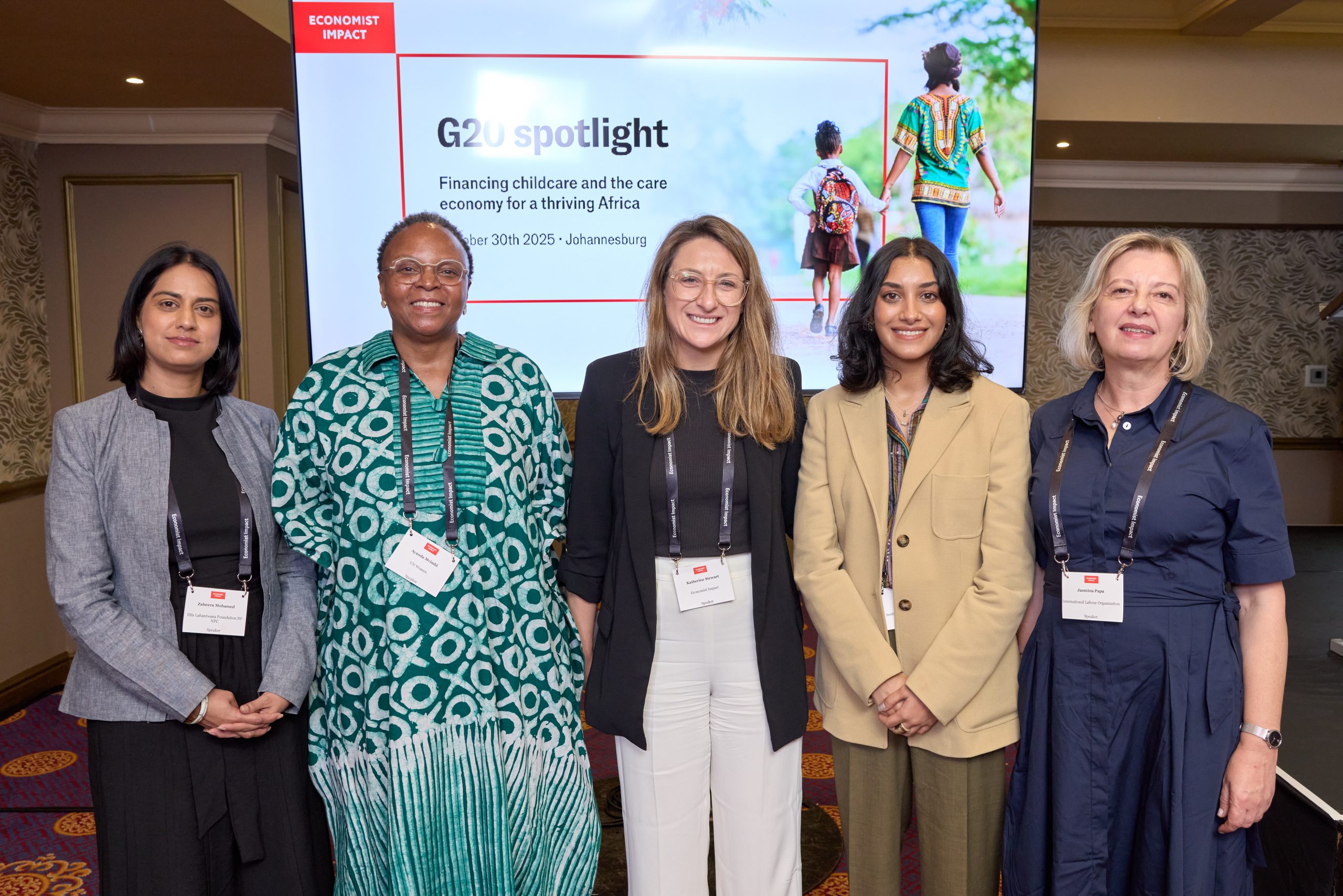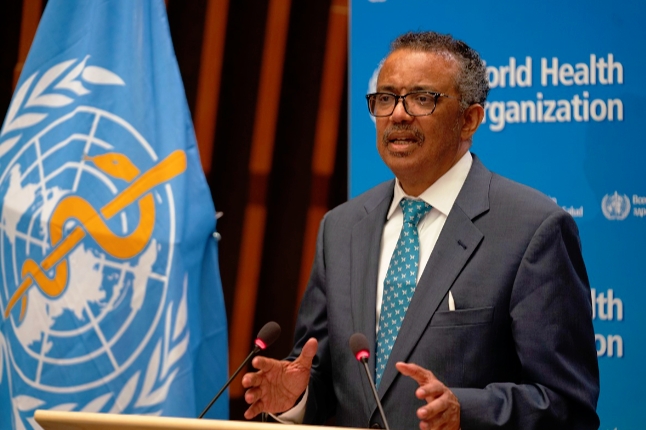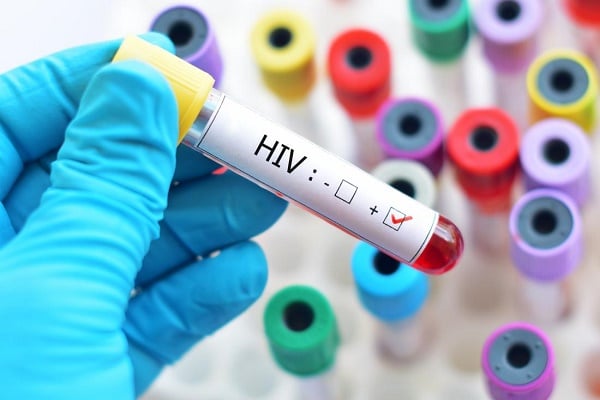JOHANNESBURG, November 2025 — A lack of access to affordable, quality childcare cost the economies of Kenya, South Africa and Nigeria billions in lost income in 2022, as millions of employable mothers were unable to participate in the workforce.
This is according to research from Economist Impact’s Childcare Dividend Initiative (CDI), which reveals that investing in childcare is not just a social good, but an economic imperative.
Across Sub-Saharan Africa (SSA), the care economy remains an untapped engine for growth, with the potential to boost employment, productivity, and gender equality.
While several countries, including the three economies of South Africa, Nigeria, and Kenya, are strengthening childcare and early education policies, affordability and quality issues continue to hinder progress.
“Access to affordable, quality childcare is not a luxury; it’s an economic necessity,” said Katherine Stewart, lead researcher of the CDI at Economist Impact.
“Our research shows that childcare should be seen not as a cost, but as a strategic investment—one that drives productivity, strengthens economies, and promotes inclusive growth.”
The research finds that universal childcare enrollment by 2030 could enable millions of mothers to enter the labour force across the three Sub-Saharan economies studied.
Nigeria stands to gain the most, with up to 1.7 million mothers potentially joining the workforce, equivalent to a 1.09 percent boost to GDP through higher household incomes and tax revenues.
To highlight the transformative potential of the care economy, Economist Impact, supported by the William and Flora Hewlett Foundation, hosted a high-level forum on the sidelines of the G20 Women’s Economic Empowerment Working Group (WEEWG) Ministerial Meeting in Johannesburg.
The event convened policymakers, funders, care providers, and civil society to explore how strategic investment in childcare can fuel inclusive growth, advance gender equality, and support child development, aligning with the G20 agenda’s key priorities.



